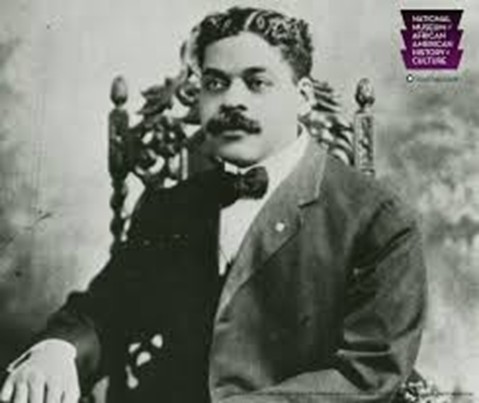
1874 - 1938
Arturo Schomburg
Historian and Collector
Arturo Alfonso Schomburg (1874–1938) was a pioneering Afro-Puerto Rican historian, writer, and activist whose tireless dedication to collecting and preserving the cultural achievements of people of African descent reshaped the understanding of Black history in the Western world. Born in San Juan, Puerto Rico, to a Black mother from St. Croix and a German father, Schomburg experienced early discrimination when a teacher told him Black people had no history. That moment ignited a lifelong mission to prove otherwise. In 1891, Schomburg immigrated to New York City, where he became an influential figure in the Harlem Renaissance and a leading intellectual voice in the African diaspora. Though he worked as a clerk by day, his passion lay in collecting books, manuscripts, artworks, and historical documents relating to Africa and its diaspora. His collection grew into one of the world's most significant archives of Black history. Schomburg was a member of several key organizations, including the American Negro Academy and the Negro Society for Historical Research, through which he promoted Pan-African thought and uplifted narratives of Black excellence. In 1925, his vast collection was acquired by the New York Public Library and became the foundation for what is now the Schomburg Center for Research in Black Culture, a world-renowned research institution in Harlem. Schomburg believed that history was a weapon against racism and ignorance. He argued that African Americans and Afro-Caribbeans needed to reclaim their historical contributions to challenge white supremacy and instill pride. His famous 1925 essay, The Negro Digs Up His Past, became a foundational text of Black intellectual thought. Arturo Schomburg's legacy endures as a champion of cultural reclamation, whose life's work laid the groundwork for generations of scholars, artists, and activists to honor and preserve the richness of Black heritage.
Key Achievements
- Built one of the world's most significant archives of Black history
- His collection became the foundation for the Schomburg Center for Research in Black Culture
- Authored the influential essay 'The Negro Digs Up His Past'
- Was a member of the American Negro Academy and Negro Society for Historical Research